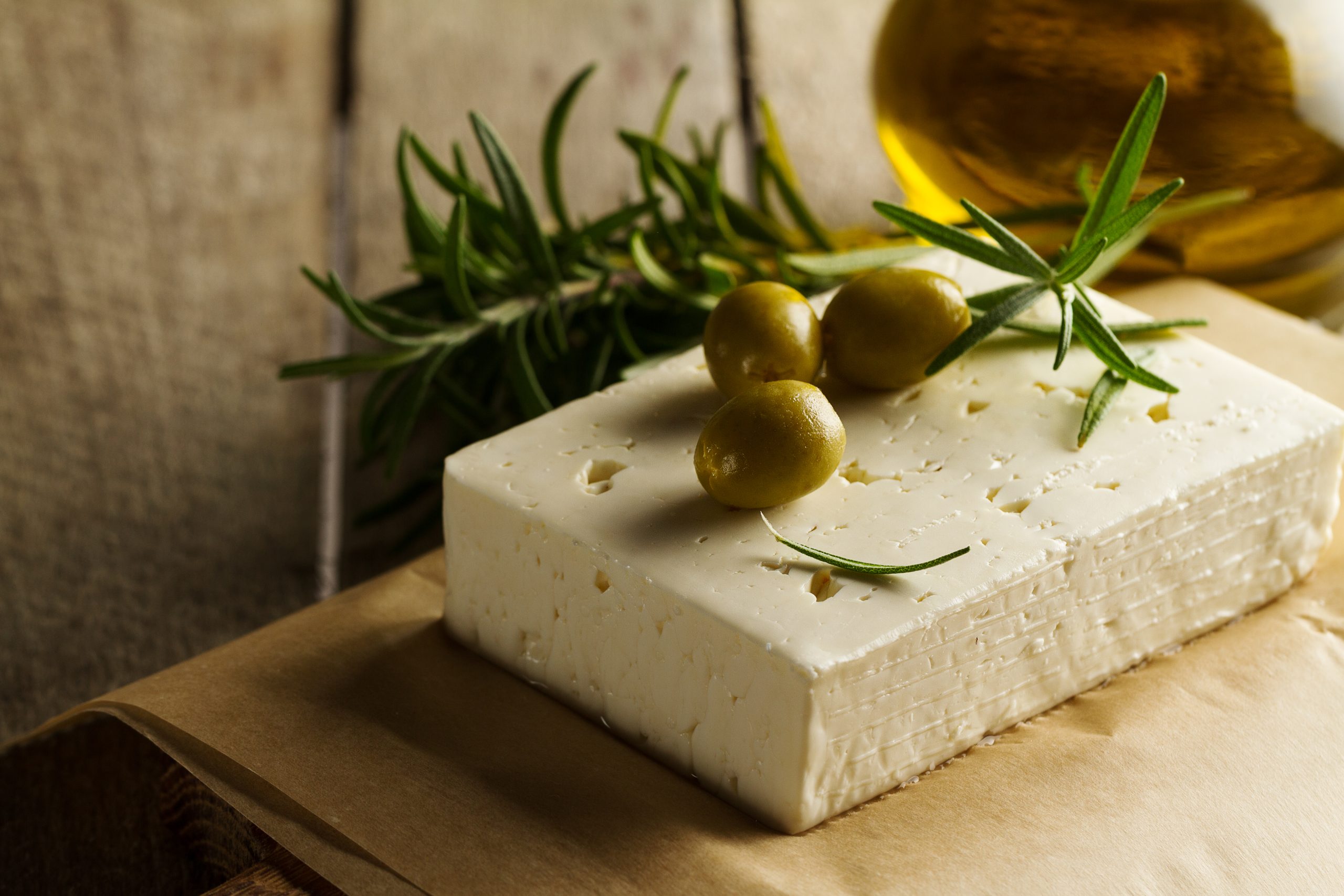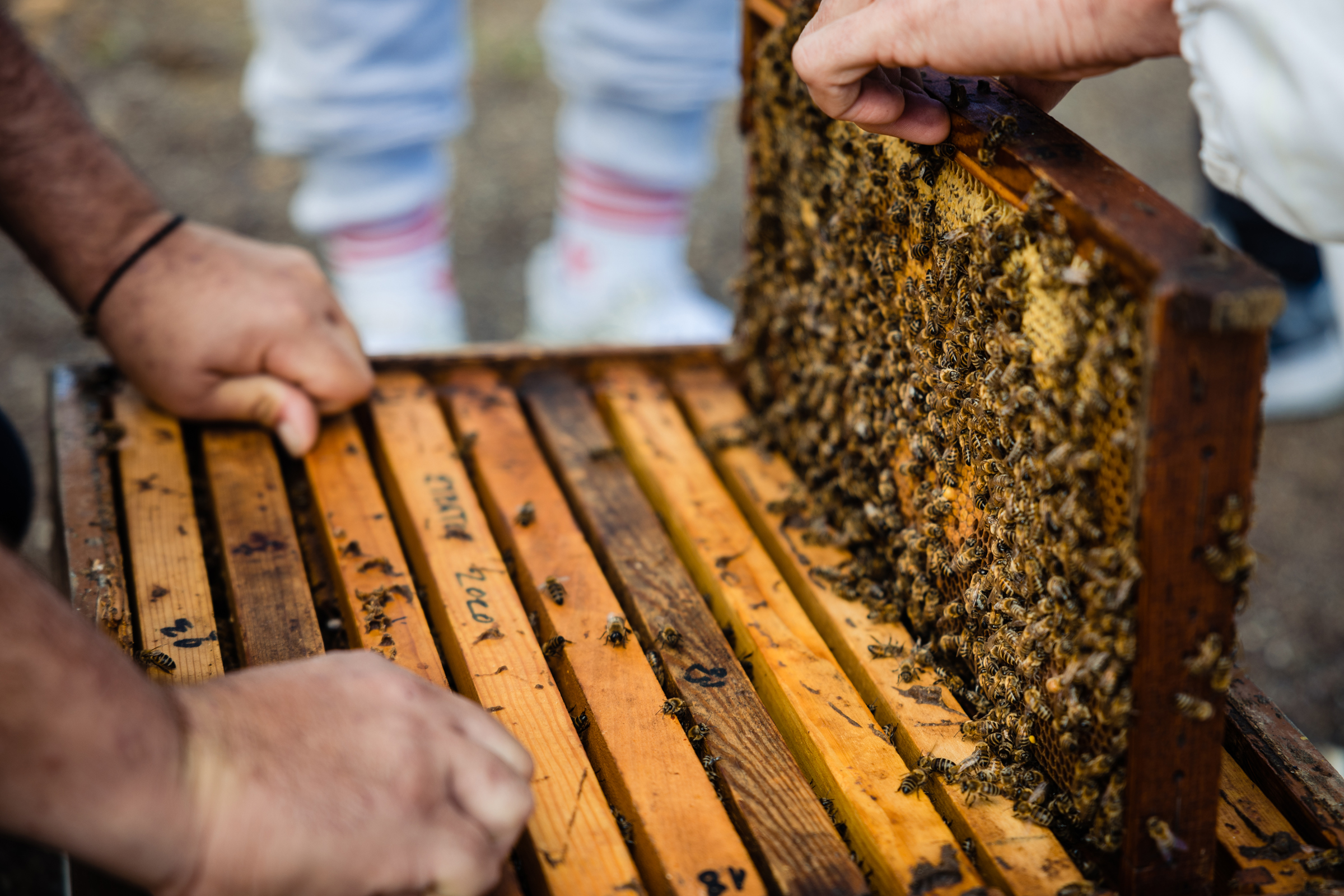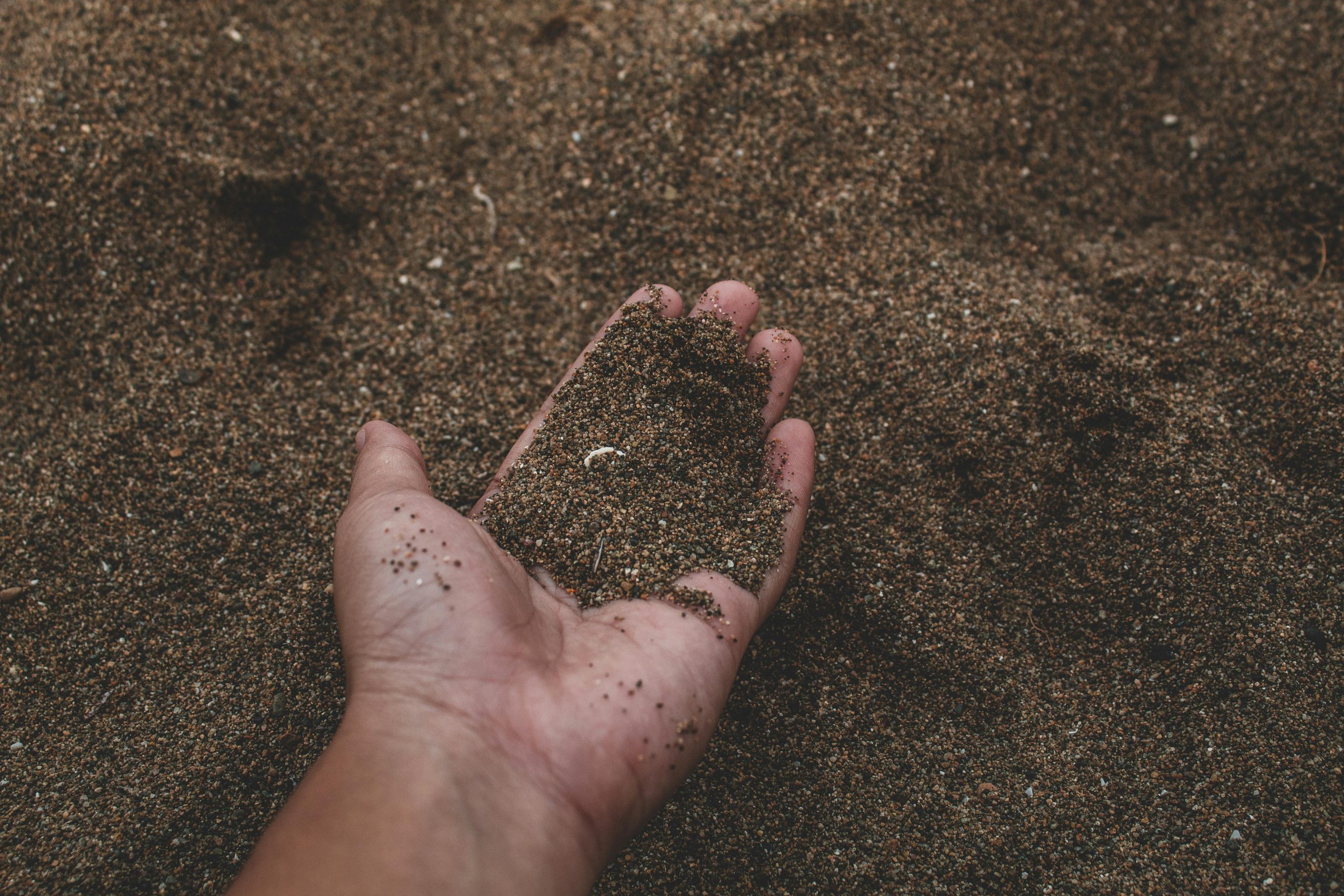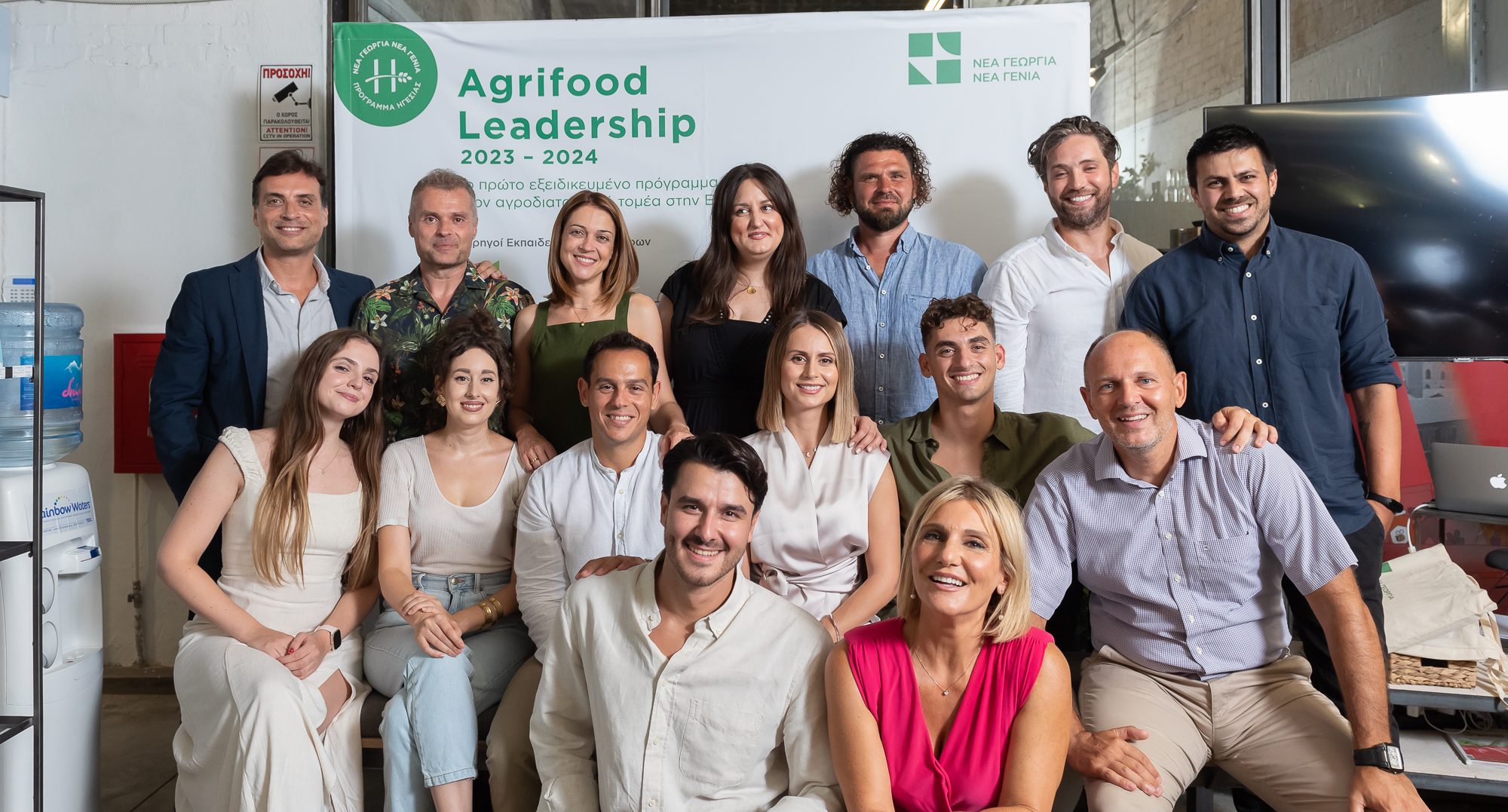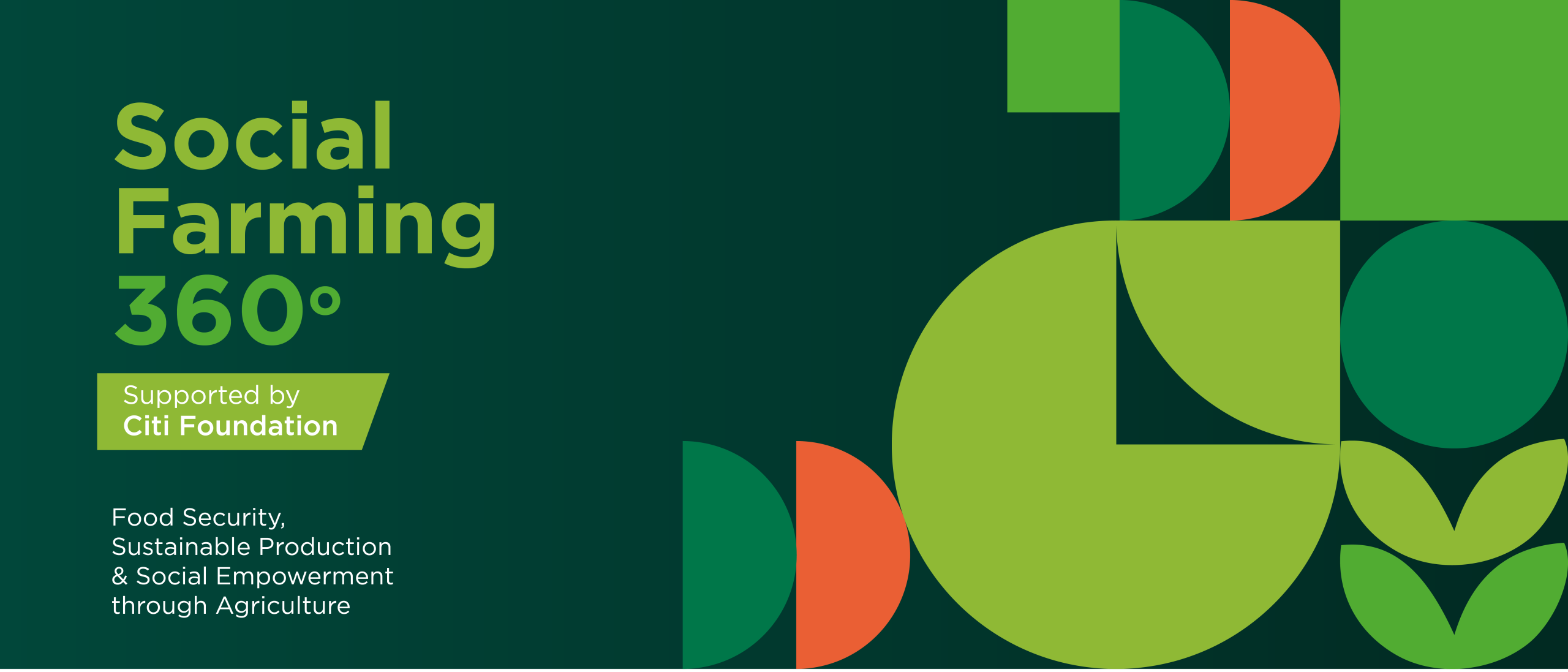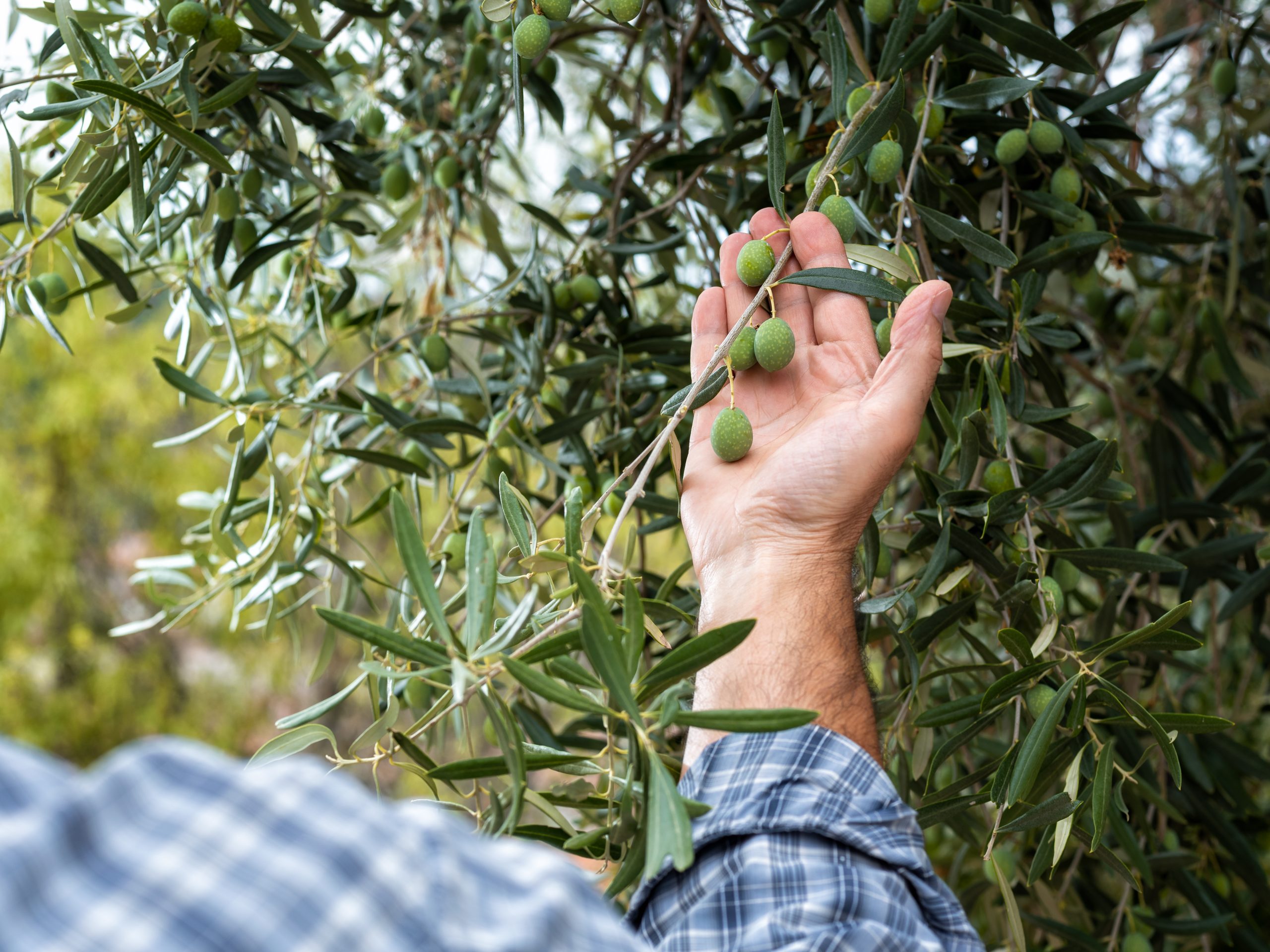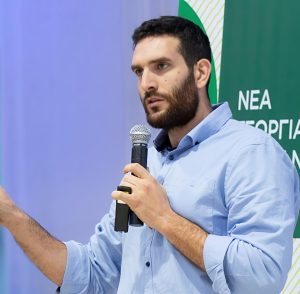Summary
New Agriculture New Generation announces the implementation of the program “Leveraging the Advantage: Strategies for Local Products and PDO–PGI with Health Claims”. Its aim is to enhance the competitiveness of Greek products with high nutritional value by utilizing Health Claims as a tool for differentiation, extroversion and sustainable development.
The program is addressed to agrifood businesses, cooperatives and producer groups seeking to strengthen their market position by combining expertise in regulatory frameworks with targeted strategies in marketing, sales, and exports. It follows on from the very successful program entitled “Enhancing the Position of High Nutritional Value Products“.
It is implemented by New Agriculture New Generation, through the founding donation of the Stavros Niarchos Foundation (SNF) and with the support of CrediaBank.
Program Objective
The main goal is to train and support agrifood businesses so they can understand the regulatory framework and certification procedures, effectively integrate Health Claims into their strategies and enhance their competitiveness in both the domestic and international markets. At the same time, the program promotes the adoption of best practices in natural resource management, contributing to sustainable development.
Learning Objectives
The educational objectives include an in-depth understanding of the regulatory framework governing Health Claims, certification and documentation procedures and their connection to marketing, commercial strategy and exports. Participants will also acquire knowledge on the proper use and management of water resources, strengthening the sustainability of their production.
Target Audience
The program is addressed to businesses operating in the agrifood sector that produce PDO–PGI products or intend to utilize Health Claims. It also targets cooperatives, producer groups and business executives involved in strategy, marketing, sales and exports. Priority will be given to businesses located in remote areas.
Number of Beneficiaries
A total of 15 businesses, cooperatives, or producer groups will benefit from the program. Up to three executives from each business may participate, with the total number of participants reaching 45 individuals.
Program Structure
The total duration of the program is 4 months.
The program includes:
-
Educational Workshops (15 hours of asynchronous training via the Cultivate platform), covering topics such as the regulatory framework and certification procedures, optimal water resource management, marketing and branding, sales strategy and the export of products with Health Claims.
-
Individualized Consulting: Throughout the program, the 15 participating businesses and their executives (up to 3 per business) will receive customized consulting support based on their specific needs and goals, delivered by distinguished market professionals (4 hours per business). Additionally, each business will receive 1 hour of individualized consulting on best practices for water resource management, based on their needs.
-
Networking Events (one opening and one closing event), enabling knowledge exchange and collaboration.
-
Collective Publication (White Paper) summarizing the program’s results and best practices.
Certificate of Completion
All participants will receive a Certificate of Attendance.
Participation Cost
Participation in the program is FREE OF CHARGE.
Instructors
The educational workshops will be conducted in collaboration with university institutions, specialized market professionals, and established consultants in marketing, sales, and exports.
Application Process
Applications will remain open from November 19 to December 7, 2025.
